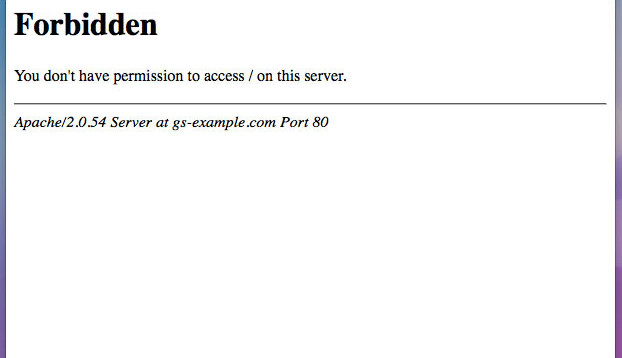Error 451: A New HTTP Standard To Signal Censorship
December 21, 2015
on
on

A new standard notifies end users when they're denied access to a web page for legal reasons. The new standard was created by the Internet Engineering Task Force (IETF), which develops and promotes voluntary standards with the aim “to make the Internet work better”.
HTTP status codes are part of the communication between a web browser and a server. The most famous HTTP response is 404 – Not Found which tells the client the requested resource is not found.
The newly minted 451 HTTP Status Code adds new vocabulary to the servers' responses. Site operators can now inform end users they're denied access as a result of legal demands.
The idea of status code 451 first emerged in 2012 when Terence Eden could not access The Pirate Bay after the UK government mandated a ban. Eden expressed concern that the server returned status code 403 – Forbidden, because it obscured the fact access was denied because of censorship.
Tim Bray read about Eden's concern and proposed a new status code to the IETF HTTP working group. It was dubbed HTTP Status Code 451, a salute to Ray Bradbury's Fahrenheit 451.
At first, the proposal wasn't endorsed by all members of the working group because they did not see the added value: “There wasn't any obvious way for machines to use it -- i.e., this was something you could do in a header or the message body of a 403, so it didn't seem to justify expending a status code”, writes Mark Nottingham, chair the IETF HTTP Working Group.
HTTP status codes are part of the communication between a web browser and a server. The most famous HTTP response is 404 – Not Found which tells the client the requested resource is not found.
The newly minted 451 HTTP Status Code adds new vocabulary to the servers' responses. Site operators can now inform end users they're denied access as a result of legal demands.
The idea of status code 451 first emerged in 2012 when Terence Eden could not access The Pirate Bay after the UK government mandated a ban. Eden expressed concern that the server returned status code 403 – Forbidden, because it obscured the fact access was denied because of censorship.
Tim Bray read about Eden's concern and proposed a new status code to the IETF HTTP working group. It was dubbed HTTP Status Code 451, a salute to Ray Bradbury's Fahrenheit 451.
At first, the proposal wasn't endorsed by all members of the working group because they did not see the added value: “There wasn't any obvious way for machines to use it -- i.e., this was something you could do in a header or the message body of a 403, so it didn't seem to justify expending a status code”, writes Mark Nottingham, chair the IETF HTTP Working Group.
Read full article
Hide full article


Discussion (1 comment)